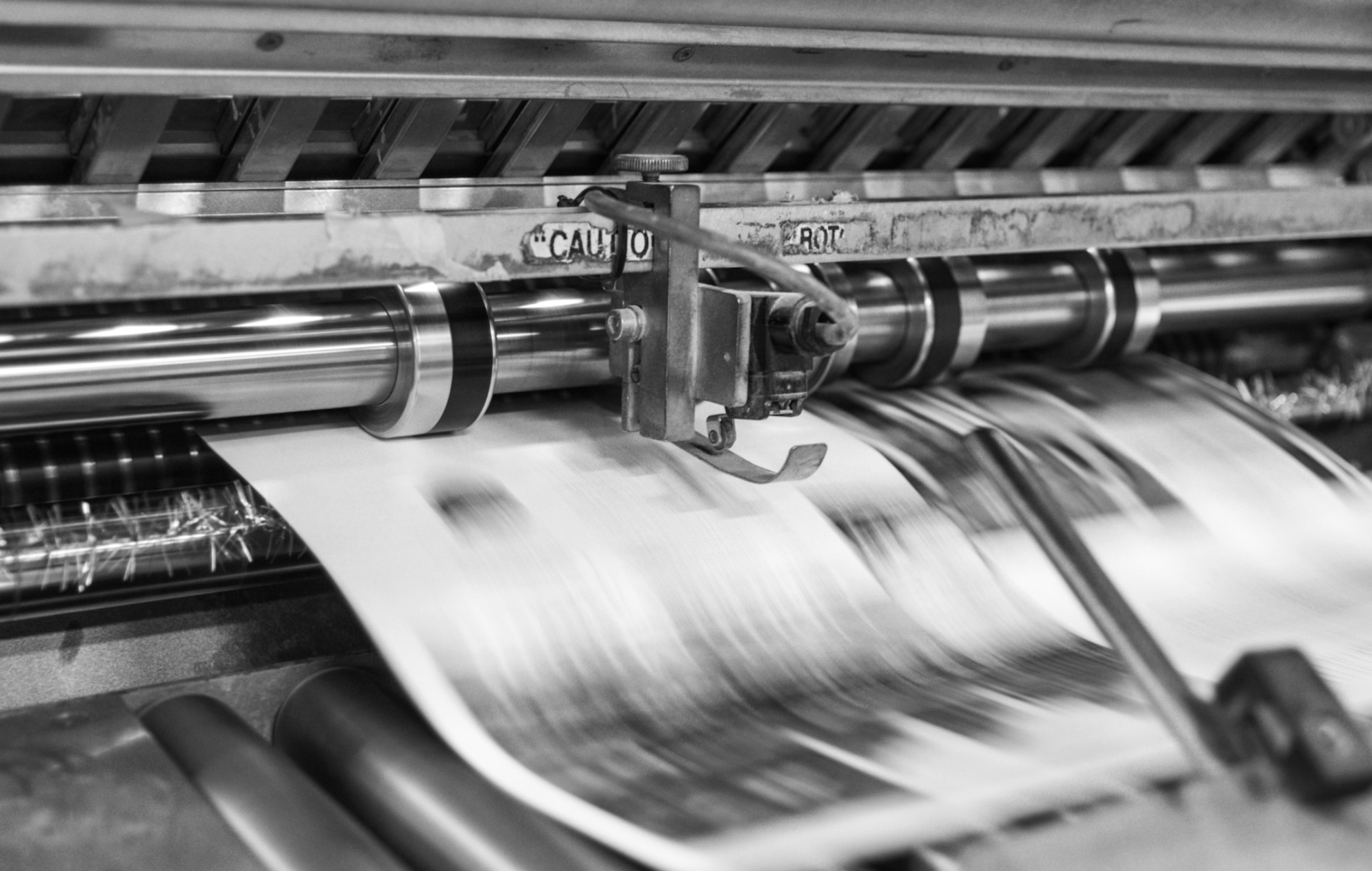
Six Impossible Things That Might Save Journalism
Pressing Issues
09/09/2025
“Alice laughed. ‘There’s no use trying,’ she said. ‘One can’t believe impossible things.’
“‘I daresay you haven’t had much practice,’ said the Queen. ‘When I was your age, I always did it for half-an-hour a day. Why, sometimes I’ve believed as many as six impossible things before breakfast.’”
This quote from Lewis Carroll’s Through the Looking-Glass is clichéd enough to adorn refrigerator magnets, but I still think about it whenever I’m in discussions about the future of journalism, and especially about journalism policy.
Right now we’re facing a free-speech emergency, with government shakedowns and censorship unseen in my lifetime. Public media has been defunded, the Voice of America gutted and replaced with right-wing slop. Corporate media conglomerates have caved to pressure from the Trump administration, collaborated with the censors and cashed in. Unchecked consolidation threatens to erase what’s left of local news, while the surveillance capitalists twist algorithms to push their own reactionary views.
I fear that those of us who care about the future of journalism — and see it as essential to restoring democracy — are offering too little in this moment. When we talk about the crisis in journalism (and I do not exempt myself from this critique), too often we still talk like it’s 2011 or 1979. We look nostalgically at what we used to have, we tinker around the edges, we cling to our white papers while the walls collapse around us. Then we wonder why nobody cares, why the public isn’t with us and why we keep losing ground.
Journalists are cynical and skeptical by nature — that’s often what makes them good journalists. But those same tendencies don’t always serve us well at a moment when we need more allies and visionaries.
In the short term, there’s no question that we’ll have to play more defense. And the practical details matter. But in the face of so much danger and despair, those of us who care about the future of journalism need to lift up our heads, break out of our silos and ask ourselves what we’re doing to meet this dire moment, how we might take bigger swings and how we can dream up a media future that millions of people will fight for.